MS-LS1-2
Develop and use a model to describe the function of a cell as a whole and ways parts of cells contribute to the function.
-
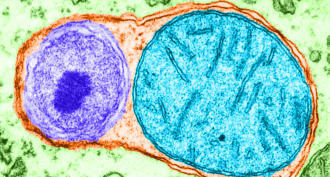 Life
LifeNobel awarded for unveiling how cells recycle their trash
Cell biologist Yoshinori Ohsumi has won the 2016 Nobel Prize for physiology or medicine for discovering how cells take care of housekeeping.
By Meghan Rosen and Laurel Hamers -
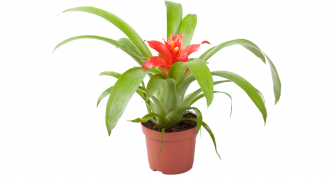 Plants
PlantsHouseplants suck up air pollutants that can sicken people
Certain indoor air pollutants can sicken people. But some houseplants can remove those chemicals from a room’s air, new data show.
-
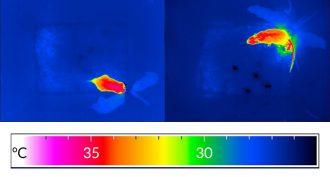 Brain
BrainMice brains hint at how bodies keep their cool
Nerve cells in mice can keep the body cool and may prevent high fevers. The discovery could have implications for obesity and other health issues.
-
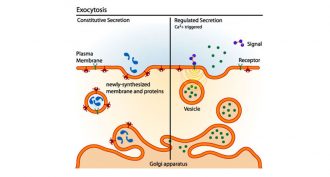 Life
LifeScientists Say: Exocytosis
For a cell to remove something large from inside itself, it turns to a process called exocytosis.
-
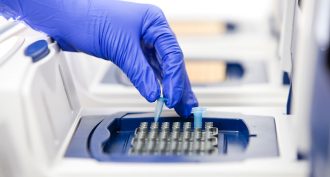 Chemistry
ChemistryGotcha! New test stalks diseases early
Chemists screen blood for disease markers by adapting a common DNA test. The test can find disease earlier, when it also may be easier to treat.
-
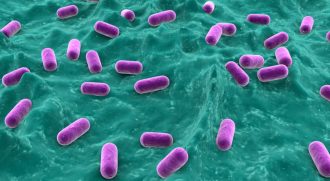 Life
LifeCell recount: People host far fewer germs
Since the 1970s, microbiologists have been saying bacteria outnumber human cells in our bodies by about 10-to-1. A new analysis says that old number was a “fake” fact — and gross exaggeration.
-
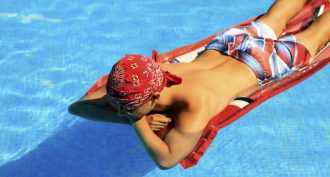 Health & Medicine
Health & MedicineExplainer: What is skin?
The body’s soft, outer armor contains three layers, each with its own important role to play.
-
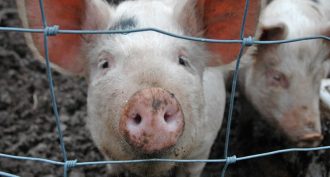 Agriculture
AgricultureNew gene resists our last-ditch drug
Antibiotic resistance continues to grow. Now, scientists have found a tiny loop of DNA that resists a drug doctors use as a last line of defense.
-
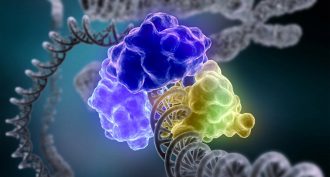 Chemistry
ChemistryTrio gets chemistry Nobel for figuring out DNA repair
Three researchers have won the 2015 Nobel Prize in chemistry for working out how cells fix damaged genetic material.
By Meghan Rosen and Sarah Schwartz -
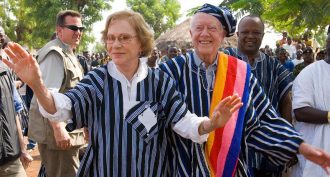 Health & Medicine
Health & MedicineNew treatments may rally ex-president’s fight against cancer
Former President Jimmy Carter has a potentially lethal type of skin cancer that has already spread to his liver and brain. Recent improvements in medicine may help him fight it.
-
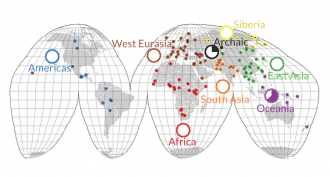 Genetics
GeneticsDNA: Our ancient ancestors had lots more
Ancestral humans and their extinct relatives had much more DNA than do people today, a new study finds. It mapped genetic differences over time among 125 different human groups.
-
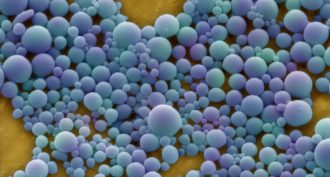 Health & Medicine
Health & MedicineInjected nanoparticles treat internal wounds
Soldiers wounded in a bombing could be treated with a shot of specially designed nanoparticles that stop bleeding and inflammation in the lungs.